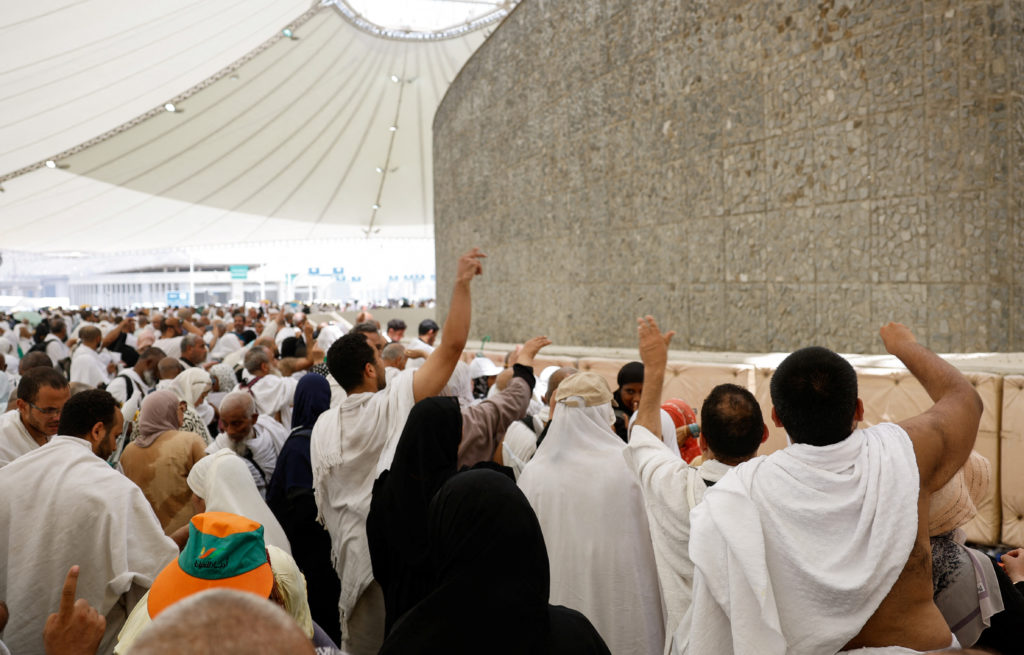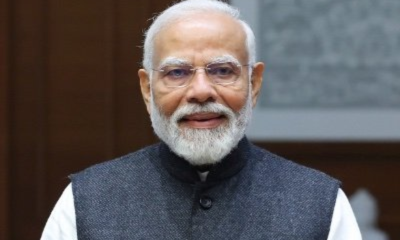More than 1,100 people are thought to have died during Hajj 2024 in Saudi Arabia – most of them due to extreme heat as temperatures in the holy city of Mecca soared beyond 51 degrees Celsius. Over 650 Egyptian pilgrims have reportedly lost their lives.
Several other nations such as Pakistan, Indonesia, India, Malaysia, Tunisia, Jordan, Iran, Senegal, Sudan and Iraq’s autonomous Kurdistan region have also confirmed deaths. Relatives have been searching for those missing in hospitals and posting messages online.
On Friday, Jordan said it had detained a number of travel agents suspected of facilitating the unofficial travel of Muslim pilgrims to Mecca. Egypt is conducting a similar probe. Later that day, the President of Tunisia, Kais Saied, fired the minister of religious affairs.
Heat a major factor behind high Hajj 2024 death toll
Hajj is an annual pilgrimage every Muslim across the globe – financially and physically capable – must complete at least once in their lifetime. Saudi Arabia has increased safety measures at the Hajj in recent years, but it still faces substantial criticism for not doing enough.
High temperatures in the Kingdom are believed to be a major factor behind the high Hajj death toll. Despite warnings to stay hydrated and avoid the journey during the hottest hours of the day, many pilgrims fell victim to heat stress and heatstroke.
Pilgrims face considerable risks due to the heat, strenuous physical activity and vast open spaces. Many are also elderly or not physically fit. Heat-related deaths during the Hajj are not uncommon, but scientists fear climate change could make conditions worse.
What happens if a pilgrim dies performing Hajj pilgrimage?
To perform the Hajj, a person must apply for a special Hajj visa. But some tried to go on the five-day journey without the proper documentation. This issue is believed to have contributed to the high toll as these people often do not have sufficient access to cooling.
When a pilgrim dies while performing Hajj, the Hajj Mission is reported of the fatality. They use wristbands or neck IDs to confirm the person’s identity. Next, they get a doctor’s certificate and Saudi Arabia issues a death certificate.
Funeral prayers happen at important mosques. The body is washed, wrapped and transported in freezers provided by the authorities, who take care of all expenses. Burials are simple. The Saudi government says it ensures “dignified and respectful burial processes”.






















